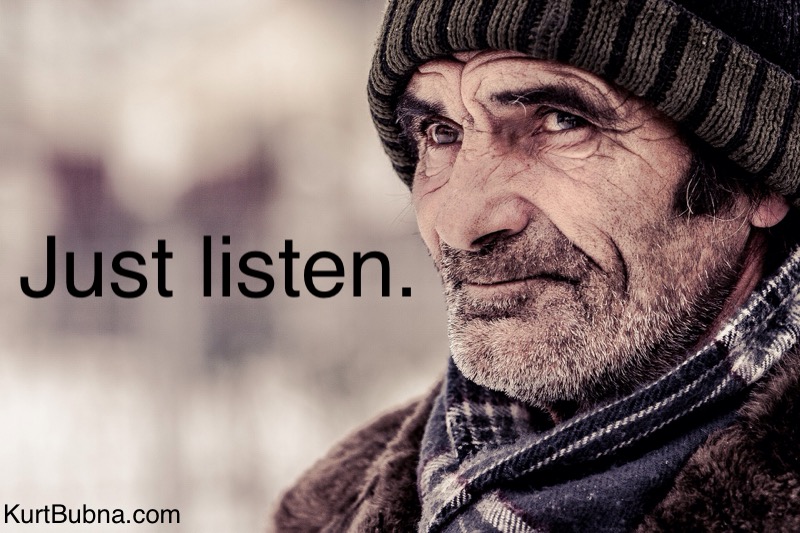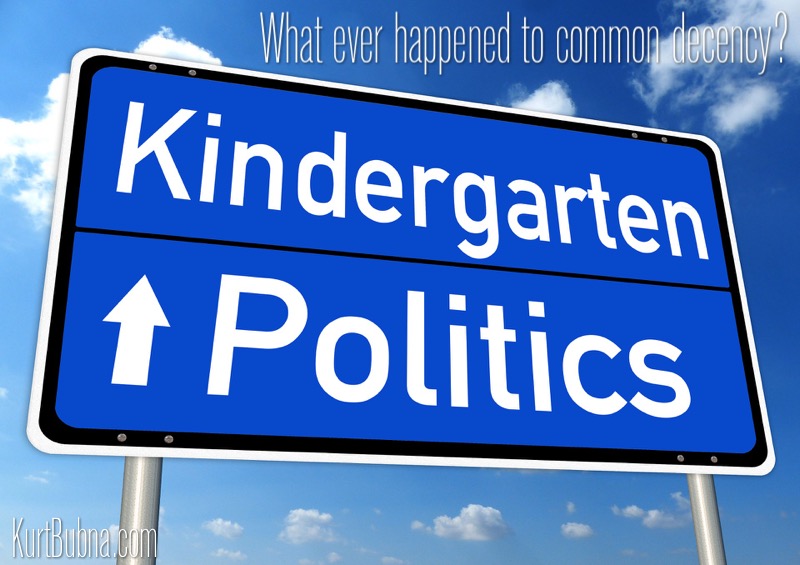Words matter.
Of course, so do thoughts and actions, but what’s in our hearts always makes its way to our mouths. You can tell a lot about a person’s character by simply listening to his or her words.
Jerks typically are those calling other people jerks.
Arrogant people sound cocky.
Broken and weak words reveal an insecure soul.
Our words are like the weather. You don’t need an app; just look outside. When it comes to communication, you still don’t need an app; just listen.

I write about relationships. Obviously, words are paramount in all our interactions with other humans. Our words build either a bridge or a barrier to the people around us. What we say to and about others is what they use to determine if we are honest, trustworthy, and kind–or not.
I’m concerned about the way I hear people talking to each other—in families, in friendships, and even in politics. I hear harshness in the mall and in the church lobby. I can’t believe the vileness and sarcasm on primetime television. Turn on talk radio and you’ll find that the airwaves are flooded with bad-mannered, uncouth, and offensive rhetoric.
It seems that “saying it like it is” and being politically incorrect are now excuses for ignoring common decency.

Whenever someone calls a family member “stupid,” they demonstrate a mean spirit that can destroy people. When a friend says to a friend, “You’re an a-hole!” it doesn’t build anyone up. (I know that word is offensive, and yet it’s become far too common.) When people blast others on social media, does that truly bring anything good into the situation? And when a politician calls another candidate ugly or crude names, they look childish, not presidential.
Words matter. Rude and crude are not the new cool. Discourteous vulgarity never has been okay, and it never should be.
Okay, that’s the problem. What’s the solution?
-
Humble your heart and speak helpful words. It’s time to acknowledge our short-comings and to get off our high horse. When we own the fact that we are far from perfect, it will change our attitude and profoundly affect our communication with others.

-
Saturate your mind with positive thoughts. It’s easy to be critical. It’s not difficult to be harsh and mean when we focus on the negative. So don’t watch or listen to the talk shows that negatively blast everybody. Turn off the sitcoms that make light of crude and sarcastic behavior. Gently challenge (from a place of humility) your friends and family to say only what is helpful for building others up. You don’t ignore evil, but you choose to fix your heart and mind on whatever is noble, lovely, and praiseworthy. We become what we behold; let’s be sure to behold the beauty all around us.

-
Ask a friend to help you unlearn old habits. A lot of us underestimate the value of accountability. Our society has elevated an independent mentality rather than the interdependent life we are called to in Christ. We need each other. We need others in our lives who will kindly correct us when we get mean or run amuck with a negative mouth.

Never before in the history of civilization have we had a greater ability to spread either ugliness or beauty with our words. Social media have opened up a powerful opportunity to make a godly and positive difference.
Let’s not add to the crude, rude, and bombastic rhetoric so prevalent in our culture. Instead, let’s bring light into the dark and good news to a world desperate for hope.








Pingback: The Top 10 Leadership Posts I Read The Week Of February 15th | Brian Dodd on Leadership
THIS is what I have been searching for to bring up and talk about with my 3 teens!!!! THANK YOU!! hopefully in some small way THIS will get thru to them…
Glad it’s helpful, Kelly. I would suggest you start with your teens by asking, “How do you feel when someone calls you a name or says something critical/negative about you?” Get them feeling/relating to the struggle before you get them information. Just a thought….
Well said as always!
Thank you!
Love this! God Bless You!
Thank you, Steve! Always appreciate a kind word!
Awesome!!! Thank you!
Thanks Alice!
Marvelous reminders, Kurt! Thank you!
Thank you for your encouragement, Martha.
Great read and pics thank you
You are most welcome, Christy!
Amen amen amen
What? Only 3 amens! Love you!
Love you!